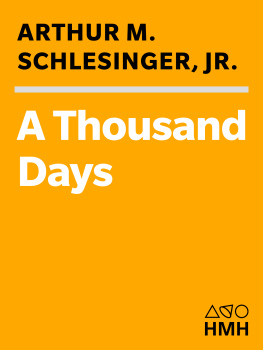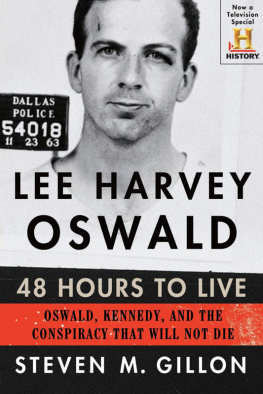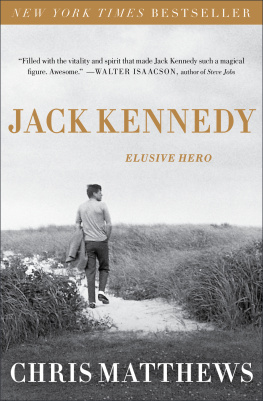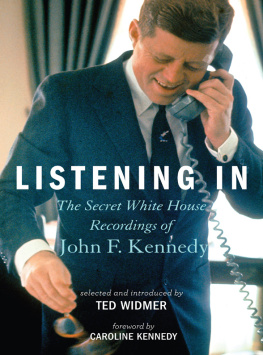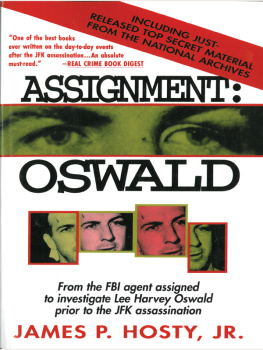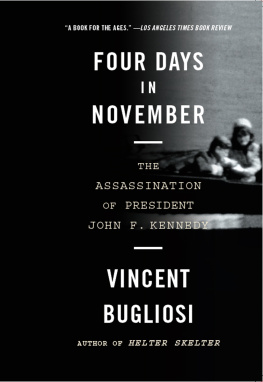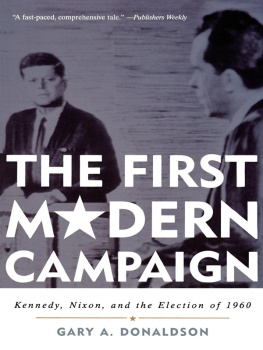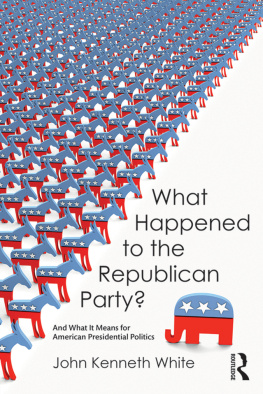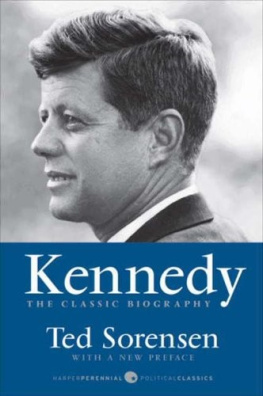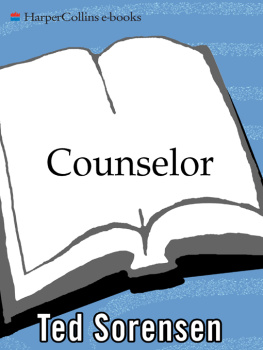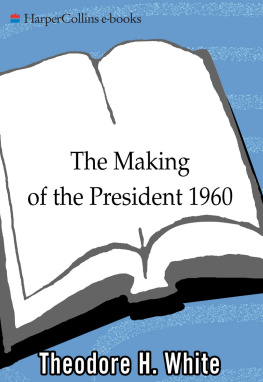Thank you for downloading this Simon & Schuster ebook.
Get a FREE ebook when you join our mailing list. Plus, get updates on new releases, deals, recommended reads, and more from Simon & Schuster. Click below to sign up and see terms and conditions.
CLICK HERE TO SIGN UP
Already a subscriber? Provide your email again so we can register this ebook and send you more of what you like to read. You will continue to receive exclusive offers in your inbox.
We hope you enjoyed reading this Simon & Schuster ebook.
Get a FREE ebook when you join our mailing list. Plus, get updates on new releases, deals, recommended reads, and more from Simon & Schuster. Click below to sign up and see terms and conditions.
CLICK HERE TO SIGN UP
Already a subscriber? Provide your email again so we can register this ebook and send you more of what you like to read. You will continue to receive exclusive offers in your inbox.
ALSO BY THOMAS OLIPHANT
Baseball as a Road to God: Seeing Beyond the Game (with John Sexton and Peter J. Schwartz)
Utter Incompetents: Ego and Ideology in the Age of Bush
Praying for Gil Hodges: A Memoir of the 1955 World Series and One Familys Love of the Brooklyn Dodgers
All by Myself: The Unmaking of a Presidential Campaign (with Christine Mary Black)
ALSO BY CURTIS WILKIE
Assassins, Eccentrics, Politicians and Other Persons of Interest: Fifty Pieces from the Road
The Fall of the House of Zeus: The Rise and Ruin of Americas Most Powerful Trial Lawyer
Dixie: A Personal Odyssey Through Events That Shaped the Modern South
Arkansas Mischief: The Birth of a National Scandal (with Jim McDougal)

Simon & Schuster
1230 Avenue of the Americas
New York, NY 10020
www.SimonandSchuster.com
Copyright 2017 by Thomas Oliphant and Curtis Wilkie
All rights reserved, including the right to reproduce this book or portions thereof in any form whatsoever. For information address Simon & Schuster Subsidiary Rights Department, 1230 Avenue of the Americas, New York, NY 10020.
First Simon & Schuster hardcover edition May 2017
SIMON & SCHUSTER and colophon are registered trademarks of Simon & Schuster, Inc.
For information about special discounts for bulk purchases, please contact Simon & Schuster Special Sales at 1-866-506-1949 or .
The Simon & Schuster Speakers Bureau can bring authors to your live event. For more information or to book an event contact the Simon & Schuster Speakers Bureau at 1-866-248-3049 or visit our website at www.simonspeakers.com.
Interior design by Joy OMeara
Jacket Design by Jonathan Bush
Jacket Photograph by Stan Wayman/The Life Picture Collection/Getty Images
Library of Congress Cataloging-in-Publication Data
Names: Oliphant, Thomas, author. | Wilkie, Curtis, co-author.
Title: The road to Camelot : inside JFKs five-year campaign / Thomas Oliphant and Curtis Wilkie.
Description: First Simon & Schuster hardcover edition. | New York : Simon & Schuster, 2017. | Simon & Schuster nonfiction original hardcoverTitle page verso. | Includes bibliographical references and index.
Identifiers: LCCN 2016050682 (print) | LCCN 2017000324 (ebook) | ISBN 9781501105562 (hardback) | ISBN 9781501105579 (trade paperback) | ISBN 9781501105586 (ebook)
Subjects: LCSH: PresidentsUnited StatesElection1960. | Kennedy, John F. (John Fitzgerald), 19171963. | Presidential candidatesUnited StatesBiography. | Political campaignsUnited StatesHistory20th century. | United StatesPolitics and government19531961. | BISAC: HISTORY / United States / 20th Century. | POLITICAL SCIENCE / Political Process / Elections. | POLITICAL SCIENCE / Political Process / General.
Classification: LCC E837.7 .O45 2017 (print) | LCC E837.7 (ebook) | DDC 973.922092dc23
LC record available at https://lccn.loc.gov/2016050682
ISBN 978-1-5011-0556-2
ISBN 978-1-5011-0558-6 (ebook)
In loving memory of Nancy Roberson Wilkie
19442016
CONTENTS
CHAPTER ONE
The Spark
S enator Lyndon B. Johnsons heart attack hit him on July 2, 1955, while he was visiting a businessman friend and benefactor in the Virginia horse and estate country west of Washington.
President Dwight D. Eisenhowers came barely ten weeks later, on a late September evening while he was visiting his in-laws near Denver.
This unprecedented cardiac double-header was medically no minor event. Johnson was kept in the U.S. Naval Hospital just outside Washington for seven weeks and didnt resume his frenetic work schedule until December. Eisenhower remained in Fitzsimons Army Hospital in nearby Aurora, Colorado, for seven weeks and wasnt working at his accustomed pace until after the New Year.
The shock to the countrys governance and politics was similarly severe. Eisenhower was felled as he was beginning to gear up for what most observers assumed would be a relatively easy run for reelection in 1956. The war hero and Americas thirty-fourth president was popular and not without major successes in his first term. Now, suddenly, his future was in doubt.
Johnson was a rookie, having become the Senates majority leader only that January, after the Democratic Party regained control of the Senate in the previous years elections, but he had been learning the ropes of leadership for nearly twenty years. His dreams of the presidency were only dreams; first he had a Senate to run. But now his doctors kept him from the work he loved.
In the twenty-first century it is commonplace for heart patients to be up, active, and working within weeks, often days. This wasnt the case in 1955, when long recuperations predicted long-term disability. In his forties and clearly recovering, Johnson was still robust, but doubts about the health of the sixty-five-year-old Eisenhower persisted for months.
One man among the millions concerned about Eisenhowers health and future was Joseph Patrick Kennedy, no ordinary man and no ordinary superrich tycoon. He had been around big-time politics for more than twenty years and involved in local politics in his native Massachusetts all his life. Holding the loftiest of ambitions for his second son, then a freshman senator with no national standing whatsoeveryet blessed by his family name, wealth, and nearly a decade of political successKennedy saw opportunity in Eisenhowers misfortune. Being a man of bold action, often rash, he hatched a plan and set out to make it happen.
With the agreement of his son John Fitzgerald and the knowledge of other members of his large family, Kennedy approached Johnson. He knew Johnson well and had supported him financially as he rose to the apex of the Senate. To underline his seriousness, Kennedy enlisted as an emissary one of Washingtons most effective lobbyists, Thomas G. Corcoran, comfortably ensconced in his second career after service as one of the important members of Franklin D. Roosevelts White House staff.
Kennedys message was simple and over-the-top presumptuous: With Eisenhower hospitalized, the architecture of the 1956 election has been changed. You should run for president. I will make sure your campaign never lacks for lavish financing. And my son will be your running mate.
There is no evidence that Johnson seriously considered Kennedys offer and no plausible argument that he should have. To Corcoran and to Kennedy, Johnson simply said he wasnt interested, that he wasnt running. There is also no evidence that Kennedy and his son did anything more than let the matter drop quietly, though according to Corcoran there was an outburst from younger brother Robert Francisstill evolving as a young adult but already known for his temper and grudgesover Johnsons quick dismissal of his fathers overture.
Next page

